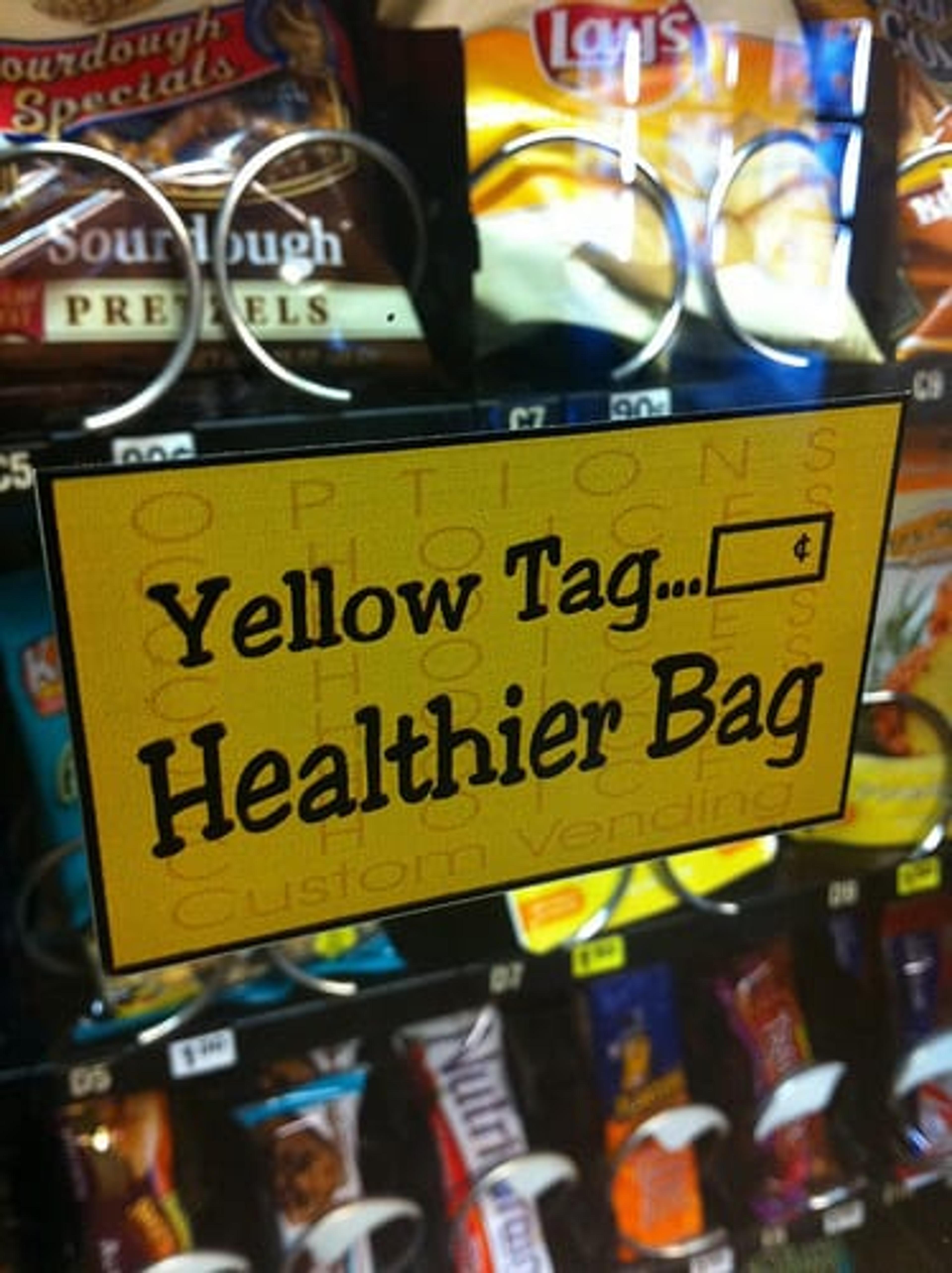Smart snacks in schools… finally!

Mike Miller
| 2 min read

Here’s some food for thought: The last time the U.S. Department of Agriculture (USDA) updated snack and a la carte food standards in schools was 1979.
That’s right, 1979. Thirty-four years ago.
Many students consume half of their daily intake of calories while at school. Parents can send kids to school with a nutritious lunch, but with so many low-nutrient, high-calorie snack-food options available, it’s little wonder that obesity rates in children have soared since 1979. Research indicates that the difference in calories between an apple and a bag of chips, as well as the high sodium and fat content, may be a leading cause in obesity rates.
Research also shows that most U.S. secondary schools do not offer fruits and vegetables as an option in their vending machines, snack bars or stores, while many of these same schools sell less-than-healthy options.
In an effort to reverse these trends and provide better options for our children, the USDA announced its Smart Snacks in Schools initiative on June 27, 2013. The initiative, a directive from Congress, focuses on the snack food and beverage options available to students in schools and is intended to support other food based initiatives already in place in schools.
Key points of the standards set forth by the Smart Snacks in Schools plan:
• Snacks need to be reasonable, kid-sized portions. They generally must have fewer than 200 calories, and be low in fat, sodium, and sugar.
At a minimum, these foods must fit into these categories:
• Fruit
• Vegetable
• Protein
• Dairy
• Whole grain
• Fruit
• Vegetable
• Protein
• Dairy
• Whole grain
Schools will still be allowed to offer other snack options at after school events like football games or band concerts, as well as for fundraising drives. However, many schools are already opting for other viable fundraising options instead of unhealthy snack food items.
Most parents are in favor of the new standards, with 80% favoring the national standards coming into place and two-thirds saying they would vote for a law enacting limits on food sold in schools to those that meet high nutritional standards.
The new standards take effect with the 2014-2015 school year.
Photo credit: Jason Tester Guerilla Futures





